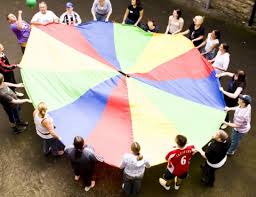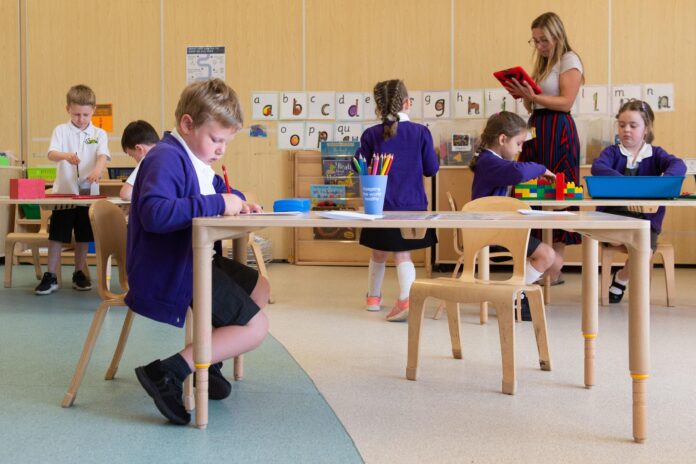The tasks of the pedagogical therapist include
1) conducting diagnostic tests of students with developmental disorders and deviations or specific learning difficulties in order to recognize difficulties and monitor the effects of therapeutic interventions;
2) identifying the reasons that make it difficult for students to actively and fully participate in the life of the kindergarten, school and institution;
3) conducting corrective and compensatory classes and other therapeutic activities;
4) taking preventive measures to prevent educational failures of students, in cooperation with parents of students;
5) supporting teachers, educators of educational groups and other specialists in:
a) identifying individual developmental and educational needs as well as psychophysical abilities of students in order to determine the strengths, predispositions, interests and talents of students as well as the reasons for educational failures or difficulties in students’ functioning, including barriers and limitations hindering the functioning of the student and his participation in the life of kindergarten, school and facilities,
b) providing psychological and pedagogical help.
Organizing education, upbringing and care for children and young people with a certificate of need for special education
Requiring the use of a special organization of learning and working methods
– applies to students:
1) disabled: deaf, hard of hearing, blind, visually impaired, with motor disabilities, including aphasia, with mild, moderate or severe intellectual disability, with autism, including Asperger’s syndrome, and with multiple disabilities
2)  socially maladjusted
socially maladjusted
3) at risk of social maladjustment
Education of disabled, socially maladjusted students and students at risk of social maladjustment may be conducted until the end of the school year in the calendar year in which the student ends:
1) 20 years of age – in the case of primary school;
2) 24 years of age – in the case of secondary school.
Kindergartens, pre-school units in primary schools, other forms of pre-school education, schools, departments and centers provide:
1) implementation of the recommendations contained in the decision on the need for special education;
2) learning conditions, specialist equipment and teaching aids, appropriate to the individual development and educational needs and psychophysical abilities of students;
3) specialist classes
4) other activities appropriate to the individual development and educational needs and psychophysical abilities of students, in particular rehabilitation, rehabilitation and sociotherapeutic activities;
5) integration of students with the peer community, including non-disabled students;
6) preparing students for independence in adult life.
An Individual Educational and Therapeutic Program / IPET / is prepared for each student with a certificate of the need for special education, which includes:
1) the scope and manner of adjusting the pre-school education curriculum and educational requirements, respectively, to the individual developmental and educational needs as well as the psychophysical abilities of the student, in particular by using appropriate methods and forms of work with the student;
2) integrated activities of teachers and specialists conducting classes with the student,
a) a disabled student – rehabilitation activities,
b) a socially maladjusted student – actions of a social rehabilitation nature,
c) a student at risk of social maladjustment – activities of a sociotherapeutic nature;
3) the forms and period of providing psychological and pedagogical assistance to the student and the number of hours in which the various forms of assistance will be provided,
4) activities supporting the parents of the student and – depending on the needs – the scope of cooperation with psychological and pedagogical counseling centers, including specialist counseling centers, teacher training centers, non-governmental organizations, other institutions and entities operating for the benefit of the family, children and youth,
5) rehabilitation, rehabilitation and sociotherapeutic activities and other activities appropriate to the individual development and educational needs and psychophysical abilities of the student, as well as:
a) in the case of a 7th and 8th grade student of primary school, 1st degree industry school, general secondary school and technical secondary school – vocational counseling classes.

